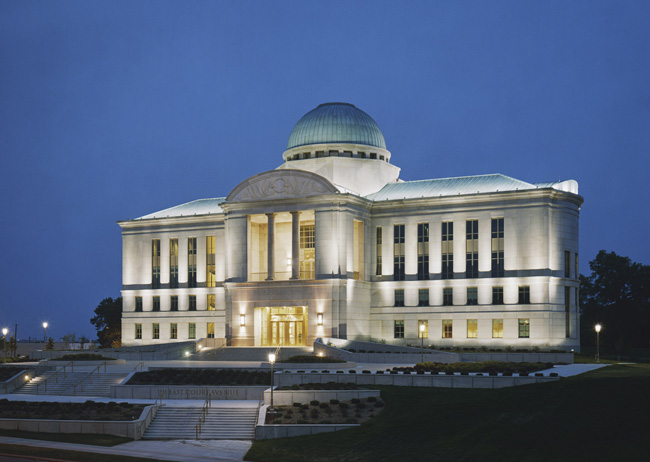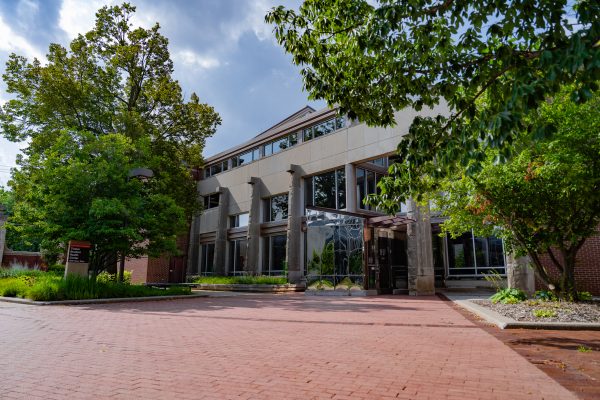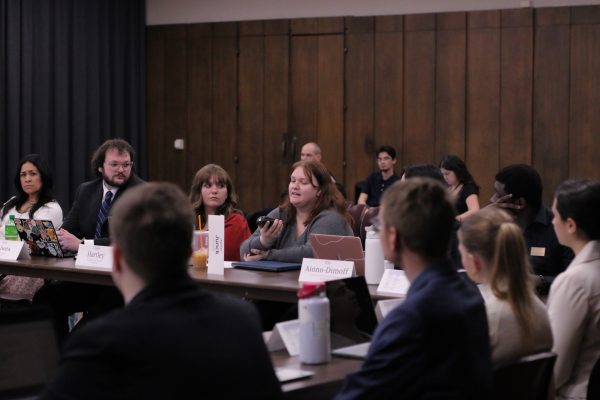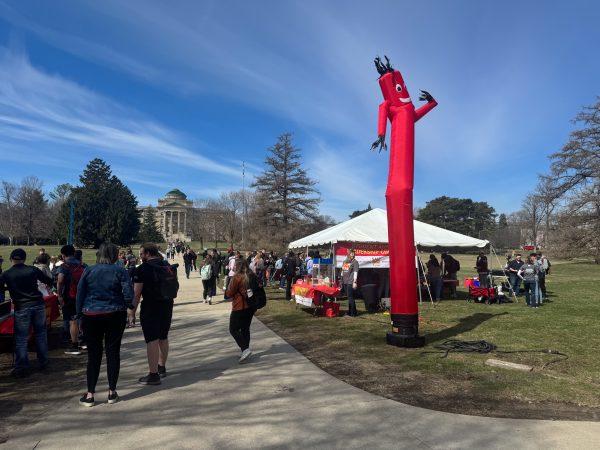Iowa Supreme Court sides with Ames on union dispute
The Iowa Supreme Court unanimously sided with Ames in accordance to state law effectively stripping broader bargaining rights from non-transit union engineers.
The court’s decision reversed a Polk County District judge’s decision to grant the same bargaining rights to the non-transit blue-collar International Union of Operating Engineers, Local 234 union members employed by the city as transit employees.
Iowa Supreme Court Justice Thomas Waterman of Davenport wrote the opinion, which was joined by all of the justices.
“On our review, we hold that PERB [Public Employee Relations Board] and the district court misinterpreted Iowa Code section 20.32 by extending broader bargaining rights to non-transit employees,” Waterman wrote. “We reverse the conflicting interpretation by the district court and remand the case for further proceedings consistent with this opinion.”
The court sided with the city in its case against the Iowa Public Employment Relations Board and International Union of Operating Engineers, Local 234. In a statement to the Iowa State Daily, the union said they respected the court’s ruling but were disappointed with the decision to reverse other rulings.
“The decision represents yet another disastrous effort of the Legislature’s decision to attack public sector workers which began in 2017 with the amendments to Iowa Code Chapter 20,” the statement said. “Despite the decision, Local 234 will continue to do its best to represent all bargaining unit members in the Ames bargaining unit.”
Ames City Attorney Mark Lambert said amendments to Iowa law forced the city to treat bargaining rights for transit and non-transit workers differently. This is because there is an exception in the law which states if federal funds are lost, the old law applies.
The city was informed by the federal government that if it did not follow the exemption and give transit workers the bargaining rights previously granted, the city would lose federal funding.
“We’ve always maintained that’s what the law said, and the Iowa Supreme Court agreed with us,” Lambert said. “The union thought that everyone in the union should be treated the same, we said, ‘no we have to treat the transit employees differently because of the issue with the federal government.’”
Lambert said this case would not impact federal funds but was the basis for the city’s differentiation between transit and non-transit workers. He also said the union mostly represents blue-collar workers in city government, and the city felt forced to pursue the case to give non-transit workers fewer bargaining rights than transit workers.
“Transit workers are not non-transit workers, whether section 20.32 is read in isolation or together with related provisions,” Waterman wrote. “We hold that the City is not required to provide broader bargaining rights to non-transit employees, regardless of whether the bargaining unit has thirty percent transit employees.”
Lambert said this was a unique situation for Ames because the union has members who are transit and non-transit, unlike cities like Des Moines, which has a union just for transit workers.
“We’re just happy the court agreed with us, it was really just a difference of opinion, but it mattered to us because we need to make sure that we are following the law,” Lambert said.
The city appealed two initial rulings, and Lambert did not immediately know the repercussions if the city did not appeal and the state deemed them out of compliance. However, he said the city strives to follow the law whether the legislature enforces it or not.
Your donation will support the student journalists of the Iowa State Daily. Your contribution will allow us to purchase equipment, send our student journalists to conferences and off-set their cost of living so they can continue to do best-in-the-nation work at the Iowa State Daily.











